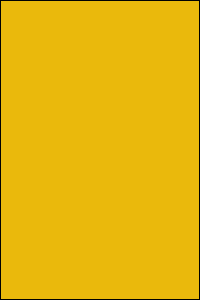The art of commenting games.
- Could you tell, please, if it is possible, what is game commentary? What is it for?
- Without game records you don’t need the commentary, right? I suggest that we regard commentary as an attempt of getting results in Go practice. So then we’ll have to assume that the result of a Go game is an object of search. Those who do not search anything but rely upon the statement that “everything is known” might answer that the result of a Go game is the victory of one side and the defeat of another one. I’ve heard of such a viewpoint and I even try to understand it. When you don’t intend to search every stamp is ok. But what if a person needs to search? And what can you get searching? It seems to me that a game notation can be similar to retelling (summary) and commentary is like an essay on a certain topic (a certain game). To my mind, High Go is an art of composing. My Go school researches in this direction.
- If you don’t show and explain mistakes that have led to defeat, what should be shown and explained instead?
- What is better? What is higher? An answer or a question? The question is a search and the answer is the end of this search. My answer will be worse than the question.
If you show only those mistakes that have led to defeat how are you going to show those trains of thoughts that are important as stages of growth but caused defeat in this certain game anyway? If a reviewer analyses my mistakes it is very good. But where can I find an integral reviewer? Where can I find a reviewer that analyses not only my mistakes but my discoveries and my attempts of discovery; my strong sides and my strong moves? How can I learn about my strengths if I don’t see then from inside? As well as don’t see my mistakes?
If a commentator encourages me only in avoiding of defeats how can I find a reviewer who will explain me that the war is not a single battle? Or it isn’t so and there is not any strategy? What is the name for a person who can show me that the victory in a war is a course of triumphs and defeats where defeats have a very important place? Who will show me the place and the meaning of my concrete defeat? What is the place without which the victory in the whole war is impossible?
Let’s ask one more question. On what or against whom this war is? It is on nothing and against nobody. Is it a war for your own trainability? Is this war ordinary and evident? Certain powers inside me are not on my side in this war. The war is waged while I’m studying and they say it is possible to win. The victory in this war is a person’s ability to study. Inability to study is a defeat in the war. If I teach myself only to avoid defeats a question will rise: might it be a different war? And with what purposes is it waged?
That is why, maybe, there is a grain when they say that a game commentary is an essay on a difficult topic. A topic about my education. Isn’t it meaningless to analyze without any connection with my education as well as to explain corner joseki without its whole-board situation?
But can everyone write such an essay? Isn’t it the reason for its high price if you go to a specialist? And if you go to a nonexpert isn’t it better not to go at all?

//Igor Grishin, the president of the Go Federation, Russia.//

